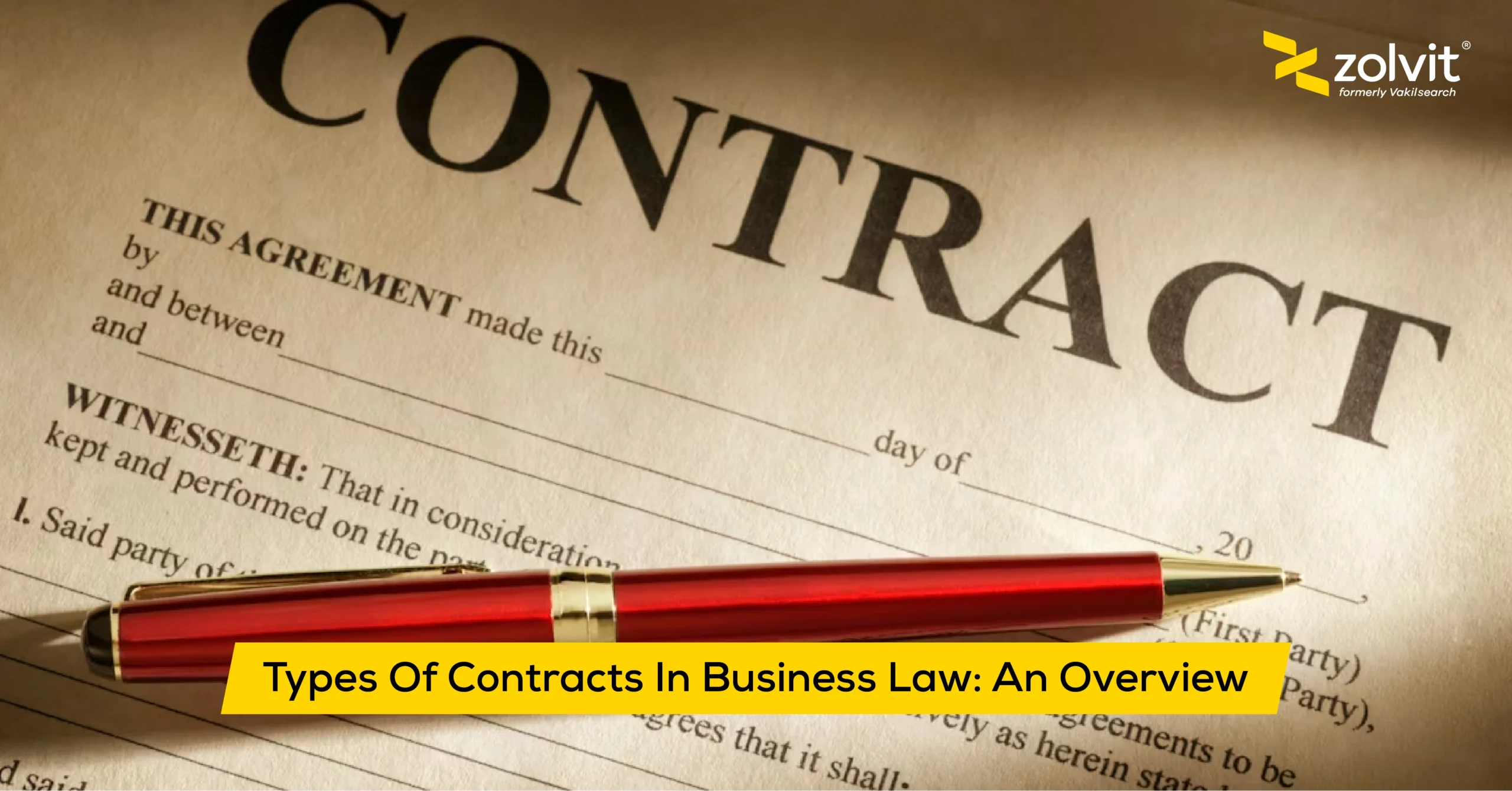It enforces proceedings against delinquent debt and addresses problems affecting both creditors and those who owe money. Here are twelve legal services that helps in debt collection practices:
Legal consultation and advice
Attorneys can provide advice on the legal rights and responsibilities of both creditors with respect to claims secured by a form of security under applicable law, as well as debtors, offer guidance as to the best way for a debtor to proceed when seeking recovery of monies or resisting an unjustifiable claim.
Send a legal notice
They serve notices in the collection of money matters and demands, legal defaults, and the entire family. It provides a starting point for lawsuits or agreements.
Negotiation and mediation
In the event that you are not able to avoid court, a lawyer will help you negotiate settlements and settle disputes out of court. The idea is that the problem could be solved without having to go through a court process by getting both sides of an argument together on each separate side and then putting them down properly for finding some sort of compromise.
Court Representation
A lawyer will act on behalf of the client, whether filing cases against debtors or responding to suits connected with collection activity. These types of claims cover the necessary costs involved in taking legal action, such as submitting a claim and proving it.
Complaints to Authorities
Further, they assist in filing complaints before the Reserve Bank of India (RBI), consumer forums, and debt recovery tribunals (DRT). This step helps to rule out any non-compliance or unfair behaviour by the creditors.
Enforcement of Court Orders
The decision for enforcement is made on the basis of work done before or legal expert experience. Forums are made to judge as much as they are used for organising judgments.
Ways to Protect Your Credit from Debt Collectors
Debt collectors intimidate and often falsely represent attorneys for abused clients. Litigation attorneys protect their clients from illegal and abusive debt collectors in court.
Court Orders
Court orders, such as injunctions or cease-and-desist orders, are implemented by lawyers to stop illegal debt collection. Such orders enable the protection of consumers from further injury and guarantee compliance with a legal provision.
Process for Insolvency Proceedings
With debt procedures and the process of going bankrupt, these advisors provide insolvency or bankruptcy advice.
Court Judgments Enforcement
Lawyers execute judgments as well; they may assist in obtaining a monetary damage award from an adversary, and this can be done either by collecting it for the judgement winner or by enforcing necessary legal protocols against those who choose not to comply with court orders. This gives clients assurance that they will get the damages or relief as ordered by the court.
Proving Debt Validity
An often-used defence in collection cases is to attack the debt itself. This can include evidence that you do not owe the debt, that it has been paid, or that it was not disclosed accurately in parts of your credit claim. Such things as documents, records of payments, or any other evidence can be used to dispute the claim made by a collector.
Compliance with Fair Practices: Indicative Information
They might defend themselves by showing that they follow valid, fair debt collection practices. This implies that not only did they demonstrate the actions were legal and in line with practice—from open communication to non-harassment to following procedure throughout their stages of collection.







